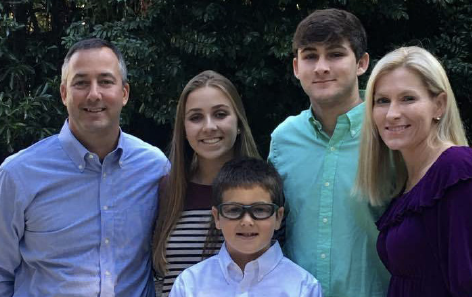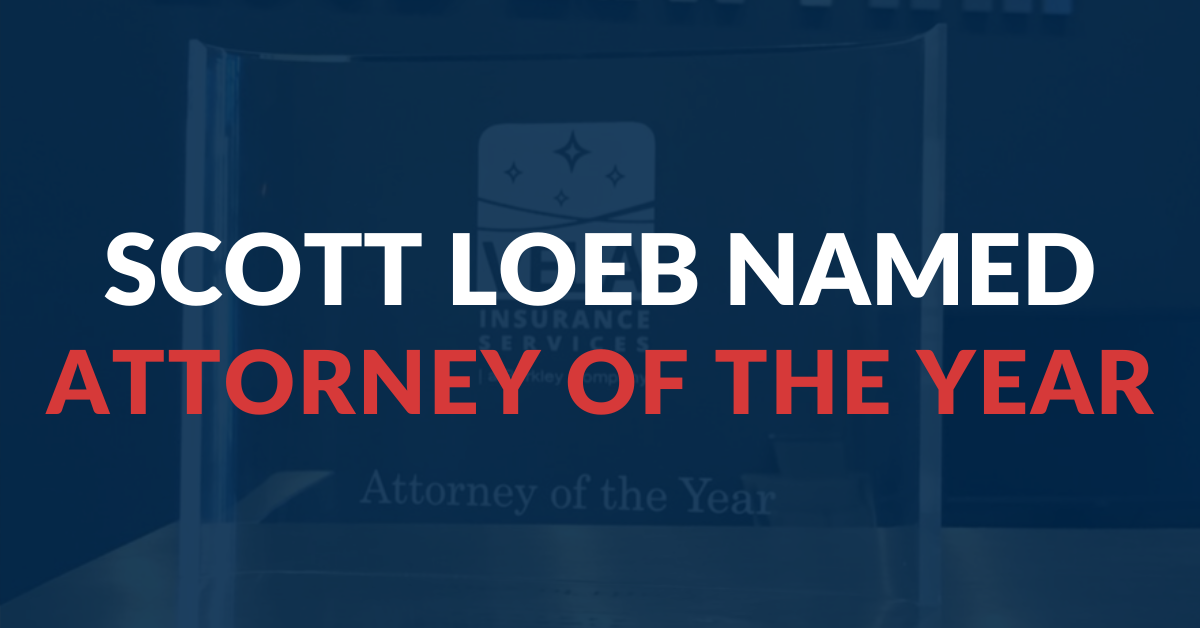New Laws Targeting Fault Allocation, Uninsured Drivers, and Fraud Prevention
The 2025 Regular Legislative Session brought in sweeping changes to Louisiana’s tort law, and Loeb Law Firm is here to help with what comes next. With the governor signing four bills into law—HB 431, HB 434, HB 450, and HB 549—these reforms aim to reduce frivolous lawsuits, fight insurance fraud, and shift how liability is determined in court. At Loeb Law Firm, we stay ahead of the curve to protect our client’s interests in the ever-evolving legal landscape. Below is an overview of each new law and its potential impact:
House Bill 431: Modified Comparative Fault Standard
Effective Date: January 1, 2026
Key Change: Bars recovery if a plaintiff is found to be more than 50% at fault.
HB 431 revises Louisiana Civil Code Article 2323, moving the state away from its traditional pure comparative fault system. Under the new rule, any plaintiff determined to be more than 50% responsible for their injuries will be barred from recovering damages. The legislation also mandates that juries receive specific instructions on how fault affects recovery.
Impact: This change raises the burden on plaintiffs, who must now prove they are not primarily at fault. It also gives the defense more leverage to reduce or defeat claims by emphasizing comparative negligence.
House Bill 434: Expanded Penalties Under “No Pay, No Play”
Effective Date: August 1, 2025
Key Change: Increases damage thresholds for uninsured drivers.
HB 434 amends Louisiana’s “No Pay, No Play” statute (R.S. § 32:866), increasing the damages threshold from $15,000 for bodily injury and $25,000 for property damage to $100,000 for each. Additionally, if an uninsured driver sues and is awarded bodily injury damages of $100,000 or less, they will be responsible for all court costs.
Impact: These higher thresholds are designed to discourage motorists from driving uninsured and create more financial risk for initiating frivolous litigation. For insurers and defense counsel, this shift may help streamline litigation, limit exposure to inflated demands, and reinforce accountability on the part of at-fault drivers.
House Bill 450: Elimination of the Housley Presumption
Effective Date: May 28, 2025
Key Change: Requires plaintiffs to prove causation without reliance on presumption.
HB 450 adds Article 306.1 to the Louisiana Code of Evidence, eliminating the longstanding “Housley Presumption” in personal injury cases not governed by Workers’ Compensation. HB 450 amends the Louisiana Code of Evidence to eliminate the presumption that an accident caused a medical condition if no prior issues were documented.
Impact: Plaintiffs now carry a heavier evidentiary burden, requiring them to present medical or expert testimony to prove causation. This heightened standard raises the bar for proving claims and may discourage speculative or unsupported lawsuits. For the defense, the bill creates more opportunities to challenge causation, leverage expert analysis, and limit or eliminate liability to protect clients from unfounded or exaggerated claims.
House Bill 549: Dashcam Discounts for Commercial Vehicles
Effective Date: January 1, 2026
Key Change: Mandates premium discounts for operational dashcam and telematics systems.
HB 549 introduces R.S. 22:1482.2, requiring insurers to offer premium reductions to commercial motor vehicles equipped with functioning dashboard cameras and telematics. Systems must meet technical standards set by the Louisiana Department of Insurance, and compliance must be verified annually.
Impact: By promoting the use of dashcams and telematics, the bill seeks to improve overall road safety, discourage fraudulent or exaggerated claims, and support a more transparent claims process. For insurers and defense attorneys, this technology offers objective, real-time evidence that can be instrumental in defending against disputed liability, streamlining investigations, and potentially reducing litigation costs.
As these legislative changes take effect, having qualified defense counsel is more critical than ever. At Loeb Law Firm, we have extensive experience in insurance defense and have studied how these new laws will influence litigation strategy, claims handling, and liability exposure. Our team is prepared to leverage these reforms to strengthen your defense, reduce risk, and achieve favorable outcomes. If you’re navigating complex claims or anticipating increased litigation under the new statutes, contact Loeb Law Firm today.





